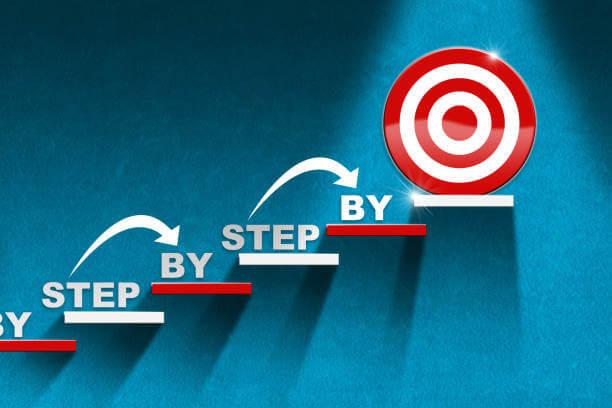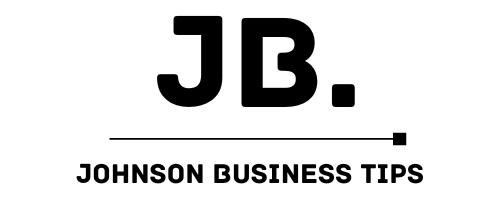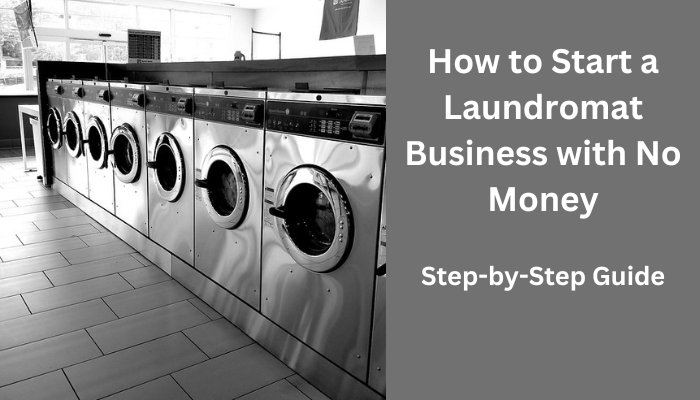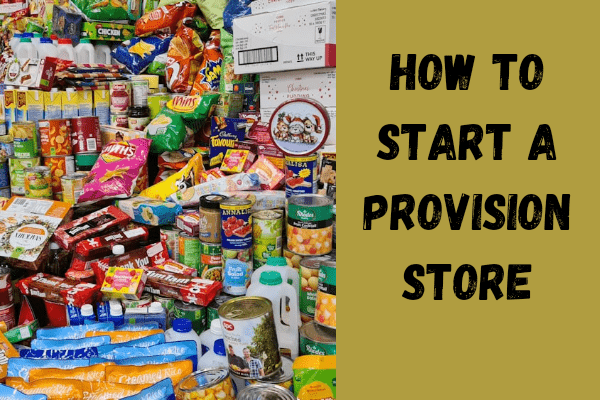
If you want to know how to become a distributor for a business, there are several key steps that can be taken to get started. Distributors have a crucial role in the flow of goods from producers to consumers, as they frequently manage the selling and shipment of merchandise to merchants.
As a result, working in distribution can be a highly rewarding and hugely profitable career path, particularly for people involved in unique product markets.
In this blog post, we will talk about who is a distributor, the steps on how to become a distributor, and which skills are required for a distributor.
So, let’s dive right into it!
Table of Contents
Who is a Distributor?
A distributor is an established person or business that sells goods on behalf of a company on a national and regional level. Distributors differ from agents, distributors purchases products and services in their name and then resell them at prices they choose.
4 Main Benefits of Distributors To a Company
1. Affordable customer services
It can be difficult and time-wasting to satisfy customers’ demands and expectations. It might be preferable to delegate this role to a distributor. You could save time, and money and avoid inconveniences by doing this.
If you are considering investing monetarily in the recruitment of your distribution team, coaching them in customer service could be an expensive and time-consuming task.
Rather than going through all of that difficulties, the easy solution is to delegate this task to the professionals, a distributor with appropriate skills and expertise in this field. They are currently in frequent touch with your potential clients and customers and have a detailed knowledge of the market.
2. Marketing Experience
The fact that distributors have vast expertise in the marketing field is also another benefit. In reality, they are known primarily for being best sellers, and they possess strong retail partnerships. Using distributors ultimately results in more sales and greater satisfaction among customers because they are professionals at getting a fresh service or product and promoting it to targeted audiences in the most acceptable manner for the best results.
3. Enhanced Distribution Networks
Utilizing a distributor will give you a strong presence in the market that you could not be able to accomplish on your own. There is no necessity for physical presence in every location, however, you are confident that your item will reach the appropriate market. As a result, your commodity can finally reach a much larger market, increasing your sales. If you own a company and lack one or more of those resources, the distributor can quickly and successfully resolve your issues. They typically have made sufficient investments in the facilities, equipment, stock, and personnel required to handle a nationwide distribution of your goods.
4. Organization Savings
Making, managing, and packaging commodities are the main businesses and operational processes of a manufacturer. Your team and business will use a distributor as their sales department, and you won’t have to invest any cash in it.
9 Required Skills As A Distributor

1. Logistics Control
Maintaining positive relationships with all parties, including clients and retailers, requires the capacity to control the logistics process. The delivery process is managed as intended, which builds partners’ trust.
2. Developing Relationships
In order to effectively perform their role as an intermediary, distributors must be able to cultivate strong bonds with their customers and uphold their loyalty, particularly in the case of generic brands where distributors’ prices and promotional offerings are comparable. In this situation, relationships are critical so that clients do not easily switch to rivals.
3. Capability to Negotiate
Distributors must be able to bargain with producers over both buying and selling prices to retailers. In a perfect world, they would be able to purchase goods from manufacturers at the lowest possible cost and aim to sell those goods at a high price to consumers or retailers.
4. Ability to Market
A distributor must be capable of marketing goods to new customers in addition to maintaining relationships and negotiating. The objective is to increase business accessibility and attract new customers and vendors.
5. Excellent Customer Service
Distributors must be able to satisfy their customers to attract more customers to the business, which will lead to more sales and profit.
6. Interpersonal abilities
Distributors need to work on their interpersonal skills because they often go hand in hand with the next sales skills. Distributors should be using their interpersonal abilities to forge trustworthy business connections, from cold-emailing customers to forging relationships with producers.
7. Experts in Making Sales
Distributors should be outstanding salespeople because their main responsibility is selling merchandise and items to consumers like retailers, merchants, and other businesses. The profit generated by distribution businesses is generated by these sales. As a result, distributors must acquire abilities that will enable them to comprehend the demands of their customers, the kinds of products they’re selling, and the best ways to interact with them.
8. Communication Skills
Because distributors frequently interact with manufacturers and buyers, learning effective communication skills can be beneficial. These essential abilities will be used in almost every facet of running a distribution company, including sales, operational processes, and negotiations.
9. Abilities to Conduct Research
Distributors need to stay current on market trends in their specific sectors. As a result, distributors must polish up their research skills to determine which product lines economic factors will favor.
9 Easy Steps On How to Become a Distributor

1. Do Research
In this stage, you’ll need to gather all the necessary information required to start your journey as a distributor. You must possess the necessary knowledge and expertise to establish a reputable distribution channel. If you’re reading this now, am sure you’ve started doing your research. So a word of advice, You need to be experienced in these five pillars of a distribution company: purchasing, marketing, storage, transport, and sales.
2. Determine your sector/Industry
After you’re done with the necessary research you’ll need to determine which sector/Industry you want to serve. Distributors usually specialize in a given sector or sell goods to targeted customer bases, therefore you’ll have to pick and choose what you’ll sell and who your purchasers will be before launching your distribution business.
3. Acquire Required Capital
To build a highly reputable distribution company in any location in the world, you’ll need substantial financial investment. There are numerous ways to obtain funds for a new business venture. You ought to use whichever legal strategy you think will enable you to rapidly and easily raise capital. If you need to excel as a distributor you’ll need to obtain certain assets such as storage space(warehouse), transportation, quality goods, and so on.
4. Establish an Effective business plan
Your distribution business will profit from spending time carefully planning its course of action, just like any other. For the expansion of your business, it acts as a guide. Create an efficient business plan detailing the product distribution strategy for your company. If you intend to distribute a brand-name product, develop a competitive strategy. You need to come up with a strategy that works in other to beat the competition because the people who came before you might have a sizable market share.
5. Legally register your company
Your business must be legally registered for you to function as a distributor. Depending on the nation your business is in, you could be required to obtain a license or another kind of registration. Consult your local government’s facility for company licensing to learn more about the steps involved in registering as a new distribution company and to ensure you are operating following all applicable local business laws. They will offer you all the documents and materials required for legally registering your business.
6. Acquire A Storage Space
The central pillar of your distribution business in any location will be your storage facility. It is critical to choose a warehouse that is near your target market and has easy access to major highways and transit systems.
7. Discover producers and suppliers.
Once your distribution company has been formed as a legal entity, you should start looking into promising manufacturers and suppliers who deal with the goods you’re eager to distribute. Frequently, you can learn more about being a product distributor by visiting the company’s website or getting in touch with them directly. While a few manufacturers enjoy working with independent distributors who sell a variety of goods from other manufacturers, others prefer to sell their goods via exclusive distribution contracts.
8. Obtain the Required Equipment
Distributors should go looking for markets where their products are needed rather than waiting around for customers to find them. Purchase vehicles such as automobiles, motorbikes, or any other distribution equipment to assist you in getting your goods to their destinations. Distributors benefit greatly from the ability to deliver their goods and services directly to a shop’s front entrance.
9. Apply to be a distributor
You need to apply to become a distributor with potential producers. Although every business will have its particular application procedures, almost all suppliers will require you to undergo one to determine whether you’ll be a perfect match for them as a distributor of their goods. These procedures might involve in-person meetings, facility tours, financial analysis, and other actions. Once you have been approved as a distributor, you can begin the actual work of getting goods from suppliers to customers. It’s crucial to keep in mind, however, that some suppliers, particularly bigger ones, might first sign you up for their comprehensive distributor training programs.
10. Strengthen relationships
You should make an effort to establish reliable working relationships with both customers and suppliers as you plan the operations of your company around the alliances you’ve formed with them. These partnerships are essential to running a successful distribution company because they guarantee both a steady flow of products from manufacturers and sales from buyers. These associations will assist you in developing a successful business model and expanding as a company.
The work of a Distributor
Typically, distributors buy goods from producers and resell them to customers like retailers for a profit. Distributors have the freedom to select whatever product to sell and the sector of the economy they want to work in.
Following this, distributors and manufacturers negotiate a set of agreements for their relationship in a business contract. Manufacturers can clearly state agreement pricing for distributors who buy in large quantities. The majority of the time, however, manufacturers only concentrate on producing the products themselves, leaving distributors to handle the tasks required to distribute the goods. Distributors frequently partner with a network of retailers or customers to whom they can sell their goods.
Replacements for goods with effective warranty coverage or those harmed during shipments are frequently the distributor’s duty.
Before We Conclude
TIP: As a distributor sales funnel and marketing automation software should be your companion.
The above are all the steps and skills I know that can serve as a guide to becoming a distributor. I will keep updating this blog post as I uncover more required skills needed for you to succeed as a distributor.
ALSO, READ
- How to Write a Business Plan for a Loan
- Ultimate Guide to SAAS Integration: All You Need To Know
- How to Start a Laundromat Business With No Money
- Best Online Business That Pays Daily
- Best Kidswear Business Ideas to Start Today
- How to Build a Scalable Business
- Business Failure Definition
- How to Start a Tailoring Business
- Best Online Business To Start With No Money In Nigeria
Conclusion
This comes to the end of how to become a distributor for this blog post for now. To be a successful distributor you must put in time and effort to grow. I hope this blog post has enlightened you on various methods and skills you can use to become a successful distributor. Please, feel free to let me know if there are any questions or require additional clarification in the comments section below.
I’d be delighted to hear from you.
Hi, I am Johnson Uche. I am a content creator and digital marketer who provides tips, and reviews to help you in your business journey.







4 Comments